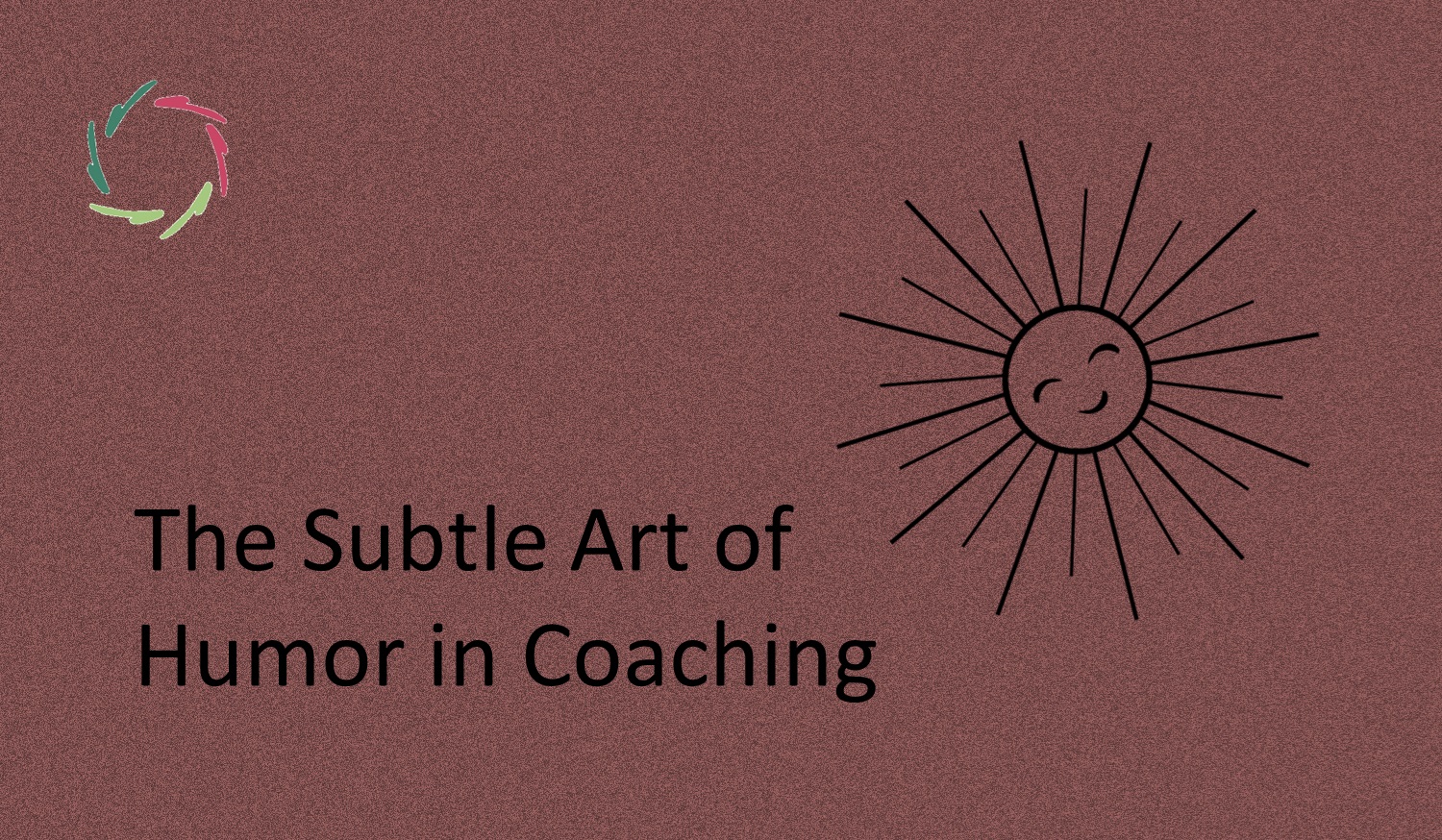Explorative Learning

Self-learning through exploration. This is a kind of reinforcement learning, but with specifically sought reinforcements towards efficient learning.
Like a human child
A child strives to get deep attention, which functions as reinforcement. The child does explicitly the things that lead to reinforcement ― such as by deep attention. Expecting this provokes activation of dopaminergic systems with multiple effects on the brain, making the brain/mind more prone to capture what happens next ― namely, to learn in an explorative way.
Instead of doing the hard work of making us intelligent, nature has given us this and the motivation to build on it ever further. That also makes us independent of circumstances. Put a human in any condition, and, naturally, he is inquisitive, and will have an incentive to adaptively learn from that condition what is needed to thrive.
Some more so than others. That may make the main difference between less or more intelligent people. It also shows what can be done toward a more intelligent end result.
Playing
To play is to explore, finding new possibilities or new ways to attain the same goal. The unexpected that comes with the exploration puts joy into the playing. It is specifically about not doing the same thing with the same result.
So, it playing nature’s invention to make us learn, or do we call it ‘play’ because explorative learning is joyful? Do children play together because social explorative learning is joyful?
Meaningful play
Play can be profoundly meaningful in dealing with other humans or oneself. This brings a crucial new dimension to learning.
This contrasts with much modern-day computer gaming. At least, I see in this little more than a superficial dopamine flow enhancing repetitive action ― little deep meaningfulness involved.
The human being as a lifelong player
This is: a lifelong explorative learner. Our human intelligence is a result of this huge amount of exploration. Therefore, learning may be seen as more fundamental than intelligence itself.
In its active seeking for reinforcement, explorative learning is also motivational. Providing motivation to explore closes the circle.
At school
In school education, for instance, seeing the child as a mere recipient of information leads to demotivation. Trying harder to get the information into the recipient brings even more demotivation. That’s the way many children get bad in one field or another.
The better alternative is providing an environment of exploration. However, this is demanding. It doesn’t get realized from any far-away good intention. Profound insight is needed.
Conceptual – subconceptual
Since the ‘intelligent entity’ (human, for instance) initiates the exploration, it can be oriented more or less conceptually. The child can intuitively feel what is good or bad. Or it can do so more conceptually or ‘clearly.’
In a human brain/mind, ‘conceptual versus subconceptual’ is always fluid. There is a continual path running from one to the other. Looking more closely, there is a natural overlap. This way, human learning and intelligence are not merely conceptual (like a modern computer) or subconceptual (like a low life form). We are both at the same time. This is also quite interesting for what happens next.
The consequence to A.I.
This leads to explorative self-learning A.I.


